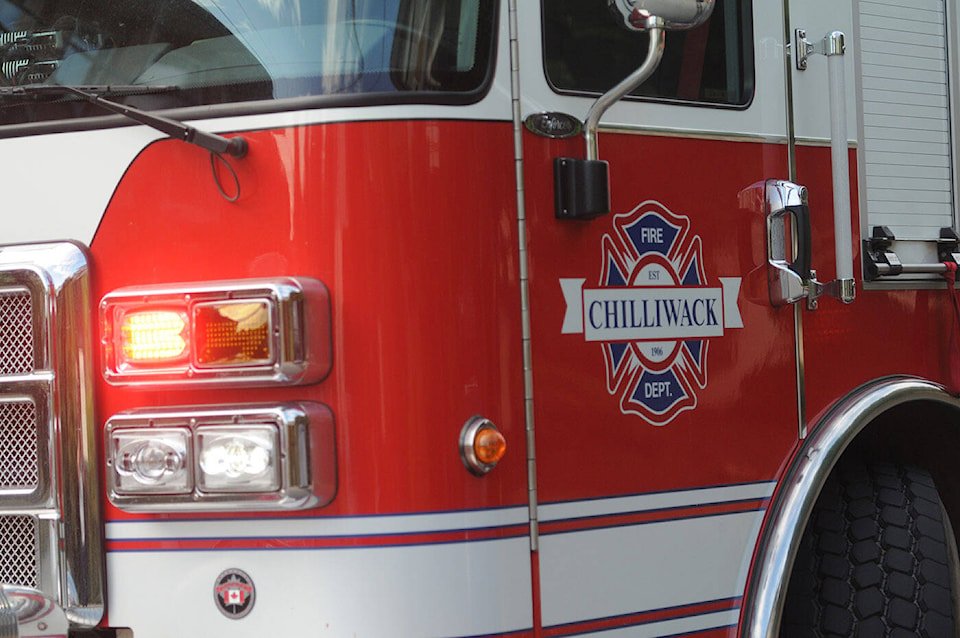A recent fire at a waste transfer facility in Chilliwack highlights the dangers of improperly disposing of lithium-ion batteries. The blaze, sparked by batteries thrown in regular trash, forced the closure of the facility and serves as a strong safety warning.
Valley Waste and Recycling Inc. reported the fire on August 5, saying the flames started within seven minutes after lithium batteries were mixed into normal garbage. This incident marks the second fire at the site in just two months. Thankfully, no injuries were reported.
The fire began around 1:20 p.m. at the transfer station on Aitken Road. Firefighters responded quickly. Assistant Fire Chief Chris Wilson explained that crews established a water supply fast and worked closely with facility staff. Their teamwork helped contain the fire to the refuse pile and prevented it from spreading to nearby buildings.
About 20 firefighters from two stations were involved in fighting the blaze. No firefighters or civilians were harmed. The cause of the fire is still under investigation by the Chilliwack Fire Department.
Both the waste facility and fire officials stressed the risks lithium-ion batteries pose when not handled correctly. Valley Waste and Recycling warned that damaged or crushed lithium batteries can ignite or explode. This danger puts workers, emergency crews, and the community at risk.
Wilson explained that lithium-ion batteries can experience a chemical reaction called thermal runaway. This reaction can lead to fires or explosions when the batteries are damaged.
Residents are urged to dispose of lithium batteries safely by taking them to designated recycling drop-off points. Most recycling centers and electronics stores accept these batteries for proper handling.
For more information on safe disposal, the City of Chilliwack’s Waste Wizard website (chilliwack.com) and the Recycling Council of BC’s “Recyclepedia” (rcbc.ca/recyclepedia) offer helpful guidance.
Valley Waste and Recycling also thanked the Chilliwack Fire Department for their fast and professional response to the fire. Their quick action was key to preventing further damage.
This recent fire serves as a serious reminder about the importance of disposing of lithium-ion batteries correctly. It also highlights the risk these batteries pose when mixed into household waste.

